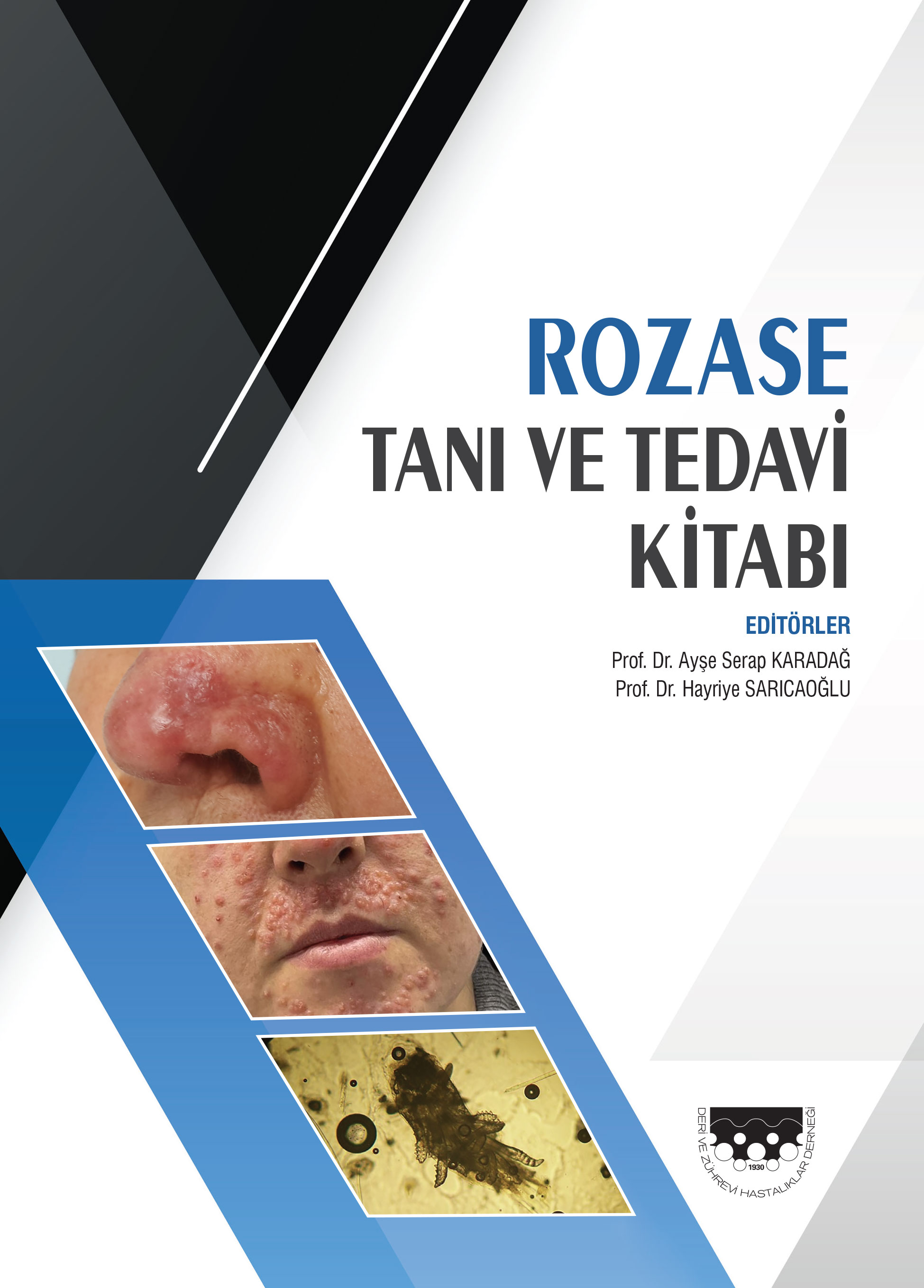Evaluation of the quality of life in patients with genital warts
Yasemin Erdem1, Güzin Özarmağan21İskilip Atıf Hoca Government Hospital, Department Of Dermatology And Venereology, Çorum2Istanbul Universty, Istanbul Medical Faculty, Department Of Dermatology And Venereology, Istanbul
Background and Design: Genital warts, a very common sexually-transmitted infection, negatively affect the quality of life of patients especially from the psychosocial point of view. In this study, we aimed to investigate the effects of genital warts on the quality of life by comparing patient and control groups.
Materials and Methods: Eighty patients and 75 healthy individuals were included in the study. The 36-item Short-form health survey (SF-36) and Dermatology life quality index (DLQI) were administered to patients whereas the control group was given only the SF-36. The obtained data were evaluated together with the clinical and demographical data by comparing the patient and control groups.
Results: According to the sub-dimensions of the SF-36, a significant effect was observed in the patient group compared to the control group for the general health, vitality and mental health. The average DLQI score was 5.14±4.13. In all sub-dimensions of SF-36, the scores in female patients were found to be statistically significantly lower than in male patients. No significant correlation was determined between clinical characteristics and quality of life.
Conclusion: Genital warts are a disease which negatively affects the quality of life and results in psychosocial problems and changes in sexual activity.
Keywords: Genital warts, quality of life, sexually transmitted infections
Genital siğilli hastalarda yaşam kalitesinin değerlendirilmesi
Yasemin Erdem1, Güzin Özarmağan21İskilip Atıf Hoca Devlet Hastanesi, Deri ve Zührevi Hastalıklar Kliniği, Çorum, Türkiye2İstanbul Üniversitesi İstanbul Tıp Fakültesi, Deri ve Zührevi Hastalıklar Anabilim Dalı, İstanbul, Türkiye
Amaç: Genital siğil oldukça sık görülen, cinsel yolla bulaşan enfeksiyondur. Hastalarda yaşam kalitesini özellikle psikososyal açıdan olumsuz etkilemektedir. Bu çalışmada hasta ve kontrol grubu karşılaştırılarak yaşam kalitesine etkilerinin araştırılması amaçlanmıştır.
Gereç ve Yöntem: Seksen hasta ve 75 sağlıklı gönüllü çalışmaya dahil edildi. Hasta grubuna Kısa-form (KF)-36 ve Dermatoloji yaşam kalite indeksi (DYKİ); kontrol grubuna KF-36 anketi uygulandı. Elde edilen veriler klinik ve sosyo-demografik veriler eşliğinde hasta ve kontrol grubu karşılaştırılarak değerlendirildi.
Bulgular: Hasta grubunda kontrol grubuna göre KF-36 alt boyutlarından genel sağlık algısı, vitalite ve mental sağlık alanlarında anlamlı derecede etkilenme olduğu görüldü. DYKİ puan ortalaması 5,14±4,13 olarak bulundu. Kadın hastalarda erkek hastalara göre KF-36 tüm alt boyutlarda puanlar istatistiksel olarak anlamlı derecede düşük bulundu. Klinik özellikler ve yaşam kalitesi arasında anlamlı ilişki saptanmadı.
Sonuç: Genital siğil yaşam kalitesini olumsuz etkileyen, hastalarda psikososyal sorunlara ve cinsel yaşam değişikliklerine yol açan bir hastalıktır.
Anahtar Kelimeler: Genital siğil, yaşam kalitesi, cinsel yolla bulaşan enfeksiyonlar
Manuscript Language: Turkish























